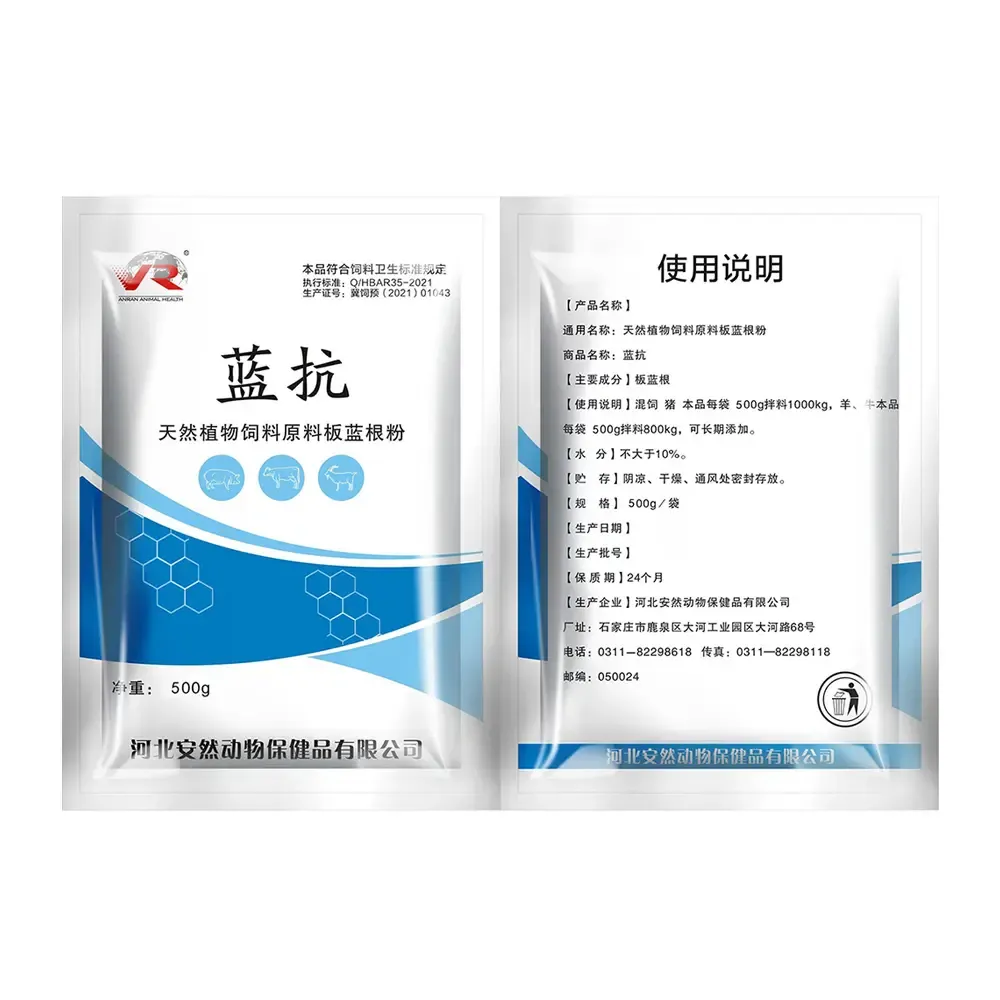- Afrikaans
- Albanian
- Amharic
- Arabic
- Armenian
- Azerbaijani
- Basque
- Belarusian
- Bengali
- Bosnian
- Bulgarian
- Catalan
- Cebuano
- Corsican
- Croatian
- Czech
- Danish
- Dutch
- English
- Esperanto
- Estonian
- Finnish
- French
- Frisian
- Galician
- Georgian
- German
- Greek
- Gujarati
- Haitian Creole
- hausa
- hawaiian
- Hebrew
- Hindi
- Miao
- Hungarian
- Icelandic
- igbo
- Indonesian
- irish
- Italian
- Japanese
- Javanese
- Kannada
- kazakh
- Khmer
- Rwandese
- Korean
- Kurdish
- Kyrgyz
- Lao
- Latin
- Latvian
- Lithuanian
- Luxembourgish
- Macedonian
- Malgashi
- Malay
- Malayalam
- Maltese
- Maori
- Marathi
- Mongolian
- Myanmar
- Nepali
- Norwegian
- Norwegian
- Occitan
- Pashto
- Persian
- Polish
- Portuguese
- Punjabi
- Romanian
- Russian
- Samoan
- Scottish Gaelic
- Serbian
- Sesotho
- Shona
- Sindhi
- Sinhala
- Slovak
- Slovenian
- Somali
- Spanish
- Sundanese
- Swahili
- Swedish
- Tagalog
- Tajik
- Tamil
- Tatar
- Telugu
- Thai
- Turkish
- Turkmen
- Ukrainian
- Urdu
- Uighur
- Uzbek
- Vietnamese
- Welsh
- Bantu
- Yiddish
- Yoruba
- Zulu
9 月 . 27, 2024 19:41 Back to list
Effective Disinfectants for Veterinary Clinics to Ensure Optimal Animal Health and Hygiene
Disinfectants in Veterinary Clinics Ensuring a Healthy Environment for Pets
In veterinary clinics, the health and safety of both animals and staff are paramount. One crucial aspect of maintaining this safe environment is through the effective use of disinfectants. These agents help in eliminating harmful pathogens that can affect the health of pets, clients, and veterinary staff. Understanding the types, applications, and importance of disinfectants in veterinary clinics is key to fostering a hygienic atmosphere.
Importance of Disinfectants
The primary role of disinfectants in a veterinary setting is to reduce the risk of infections and cross-contamination. Animals often carry various pathogens, including bacteria, viruses, and fungi. When they visit a clinic, especially if they are sick, there's a heightened risk of these pathogens spreading. Disinfectants work to neutralize these threats, ensuring that surfaces, equipment, and even air in the clinic remain clean and free from infectious agents.
Moreover, a thorough disinfecting process helps maintain the clinic's reputation and client trust. Pet owners expect clinics to uphold high standards of hygiene, as they are entrusting their beloved animals to the care of veterinary professionals. If a clinic has a reputation for being clean and sanitary, it will attract more clients and create a loyal customer base.
Types of Disinfectants
There are various types of disinfectants used in veterinary clinics, and it's important to select the appropriate one for specific situations. Common categories of disinfectants include
1. Quaternary Ammonium Compounds (Quats) These are popular due to their broad-spectrum efficacy, low toxicity to animals and humans, and ease of use. They are generally used on non-porous surfaces.
2. Phenolic Compounds Effective against a wide range of bacteria and viruses, phenolics are useful in areas with heavy contamination. However, they can be toxic to cats, so caution is needed.
vet clinic disinfectants

3. Bleach (Sodium Hypochlorite) This is a powerful disinfectant that can eliminate a broad range of pathogens. However, it must be diluted correctly and used with caution, as it can be harmful to both pets and humans if not used properly.
4. Peracetic Acid This is an effective disinfectant and sterilizer, particularly in surgical areas. It acts quickly and breaks down into non-toxic byproducts, making it environmentally friendly.
5. Hydrogen Peroxide Used for its antimicrobial properties, hydrogen peroxide is effective against bacteria, yeasts, fungi, and viruses. It's important to ensure that any residual peroxide is thoroughly rinsed away to avoid irritation.
Application and Best Practices
The effectiveness of disinfectants heavily relies on proper application. Cleaning surfaces before disinfection is essential, as dirt and organic matter can inhibit the action of disinfectants. Veterinary clinics should follow a routine cleaning schedule, focusing particularly on high-touch areas such as waiting rooms, exam tables, and kennels.
The contact time—the time the surface must remain wet with the disinfectant—is also critical in ensuring effectiveness. Each disinfectant has specific directions regarding dilution rates and contact times, which must be adhered to for optimal results.
Training staff on the proper use of disinfectants is also crucial. It ensures that everyone understands the importance of the disinfection process and follows protocols correctly, thus minimizing any risks associated with improper disinfection practices.
Conclusion
In conclusion, disinfectants play a vital role in maintaining a healthy and safe environment within veterinary clinics. By choosing the right disinfectant, understanding its application, and adhering to best practices, veterinary professionals can significantly reduce the risks of infections and ensure that their clinics remain welcoming and safe for pets and their owners. As the veterinary industry continues to evolve, so too does the importance of effective disinfection protocols in safeguarding the health of all who enter those clinic doors.
-
The Power of Radix Isatidis Extract for Your Health and Wellness
NewsOct.29,2024
-
Neomycin Sulfate Soluble Powder: A Versatile Solution for Pet Health
NewsOct.29,2024
-
Lincomycin Hydrochloride Soluble Powder – The Essential Solution
NewsOct.29,2024
-
Garamycin Gentamicin Sulfate for Effective Infection Control
NewsOct.29,2024
-
Doxycycline Hyclate Soluble Powder: Your Antibiotic Needs
NewsOct.29,2024
-
Tilmicosin Premix: The Ultimate Solution for Poultry Health
NewsOct.29,2024













